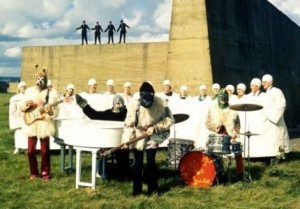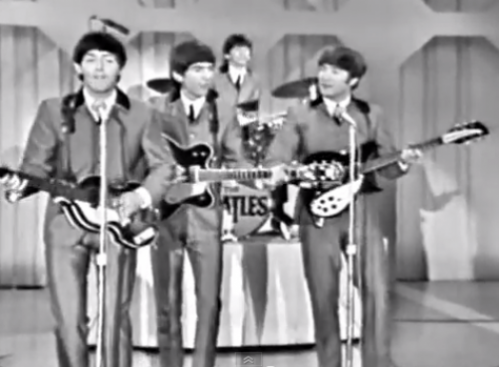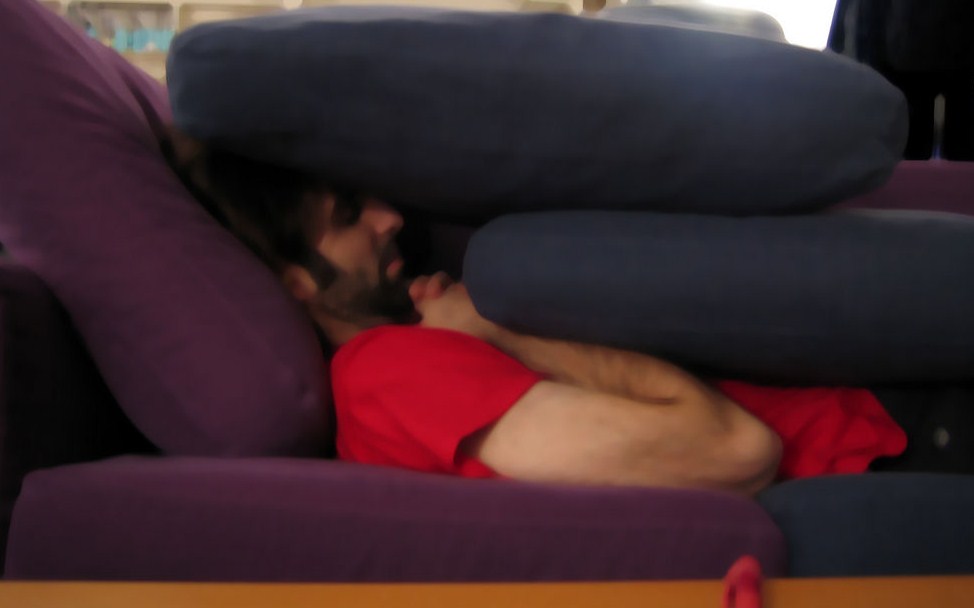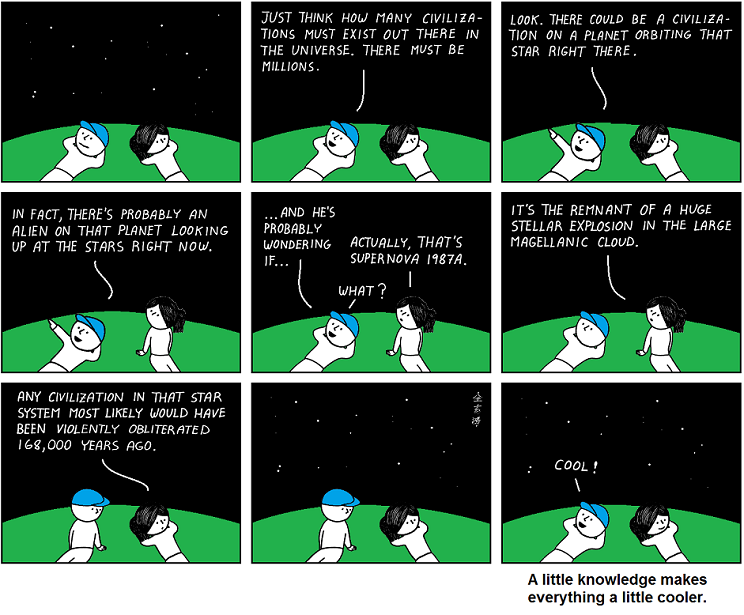A week ago, I flew from the wide open spaces of Grand Junction, Colorado, to New York, the city I now call home. Air traffic at LaGuardia airport had delayed my flight two hours and still the pilot had to circle several times before we received clearance to land. I was late, I was crabby, and I just wanted to be home. So you can imagine my frustration when I stepped out of the airport and 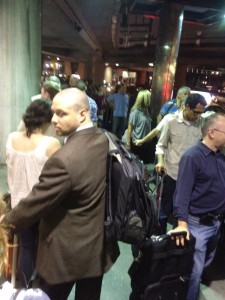 into the muggy night to behold the scene on the left. Yes, folks, that’s the taxi line. It snaked down the sidewalk and then doubled back on itself. The queue was so long I couldn’t see the turnaround point. I snapped a photo and posted it to Facebook. “Welcome back to the big apple, Cassie! Here’s your taxi line,” I wrote. I was being sarcastic. Five [expletive] minutes in New York and already I was cursing and scowling.
into the muggy night to behold the scene on the left. Yes, folks, that’s the taxi line. It snaked down the sidewalk and then doubled back on itself. The queue was so long I couldn’t see the turnaround point. I snapped a photo and posted it to Facebook. “Welcome back to the big apple, Cassie! Here’s your taxi line,” I wrote. I was being sarcastic. Five [expletive] minutes in New York and already I was cursing and scowling.
LaGuardia is notorious for delays and lines, but there’s a deeper, more basic problem — New York has too many people in too small a space.* It’s super dense. Fun fact: If you could convince the entire world to live like New Yorkers, you could pack all 6.9 billion of us into the state of Texas. That might be good for the environment, but what about our mental health? Continue reading


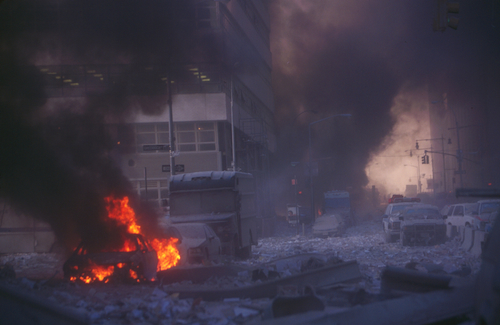 Tomorrow marks the 11th anniversary of the terrorist attacks on the World Trade Center, which killed nearly 3,000 people and traumatized hundreds of thousands of others.
Tomorrow marks the 11th anniversary of the terrorist attacks on the World Trade Center, which killed nearly 3,000 people and traumatized hundreds of thousands of others. 